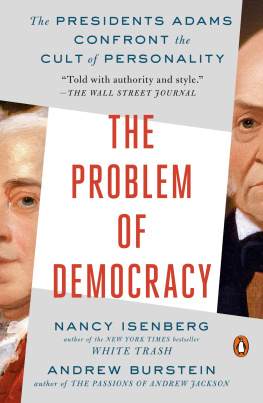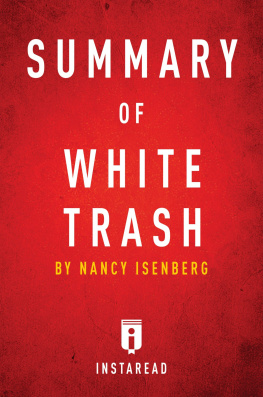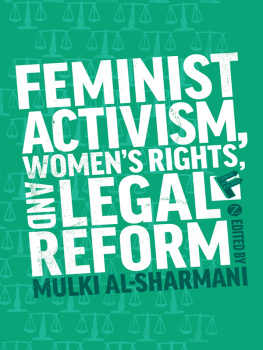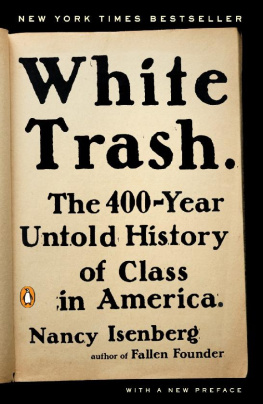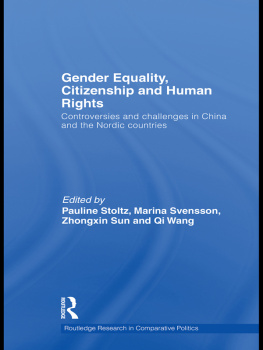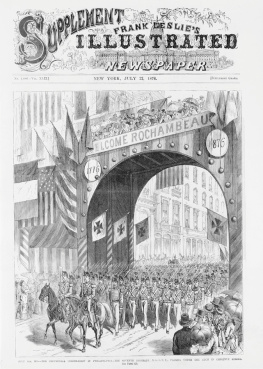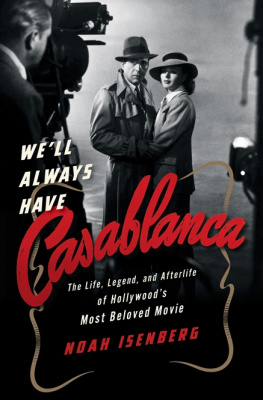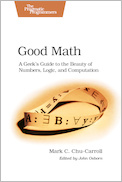Linda K. Kerber
Cathy N. Davidson
THIS BOOK WAS DIGITALLY PRINTED .
Acknowledgments
In graduate school I discovered early that modern historians had paid scant attention to womens rights conventions other than the famous 1848 gathering in Seneca Falls. At the Schlesinger Library of Radcliffe College, I read the proceedings of the 1850 convention held in Worcester, Massachusetts, and was impressed by the intellectual sophistication of the arguments presented. Knowing that my adviser, Gerda Lerner, had long felt that Ohio in general, and the Salem convention in particular, had been unjustifiably placed in a position subordinate to activism in New York, I resolved to do a more thorough investigation of the antebellum womens rights movement. Throughout this period Gerdas example, her determination and inventiveness, invigorated my work. Committed to creating a feminist environment in the history department, she established and supported the Womens History Program at the University of Wisconsin. Also at Wisconsin, I benefited from my studies with Paul Boyer and Charles Cohen, scholars who shared my intellectual commitment to the field of American religious history. Linda Gordon and Elaine Marks reaffirmed the importance of feminist politics and theory. Hendrik Hartog read the dissertation and the manuscript and added invaluable suggestions.
Since then, I have been impelled to reconceptualize feminist theory for the nineteenth century by examining the ways in which church, state, and family all contributed to the notion of citizenship. The Commonwealth Center at the College of William and Mary, which provided a two-year postdoctoral fellowship, allowed me time to pursue my growing interest in political theory. While in Williamsburg, I profited from my association with Thad Tate, Chandos Brown, Richard John, and the fellows and staff at the Institute of Early American History and Culture, especially Saul Cornell. Also in Williamsburg, Kathy Brown and Ted Pearson, good friends since Wisconsin days, remained always supportive. Attending a summer institute sponsored by the National Endowment for the Humanities, I met Liz Faue, now my valued friend, who has provided a necessary balance of humor and cynicism as I worked on the book. Ellen DuBois, Nancy Hewitt, Linda Kerber, Kathryn Sklar, and Deborah Van Brockhoven read portions of the manuscript and offered useful insights. I am especially grateful to Jan Lewiss judicious and extremely helpful advice in strengthening the final version of the book.
I want to acknowledge the following institutions for funding my research: the American Antiquarian Society and its director, John Hench, for the Frances L. Hiatt Fellowship; the Library Company of Philadelphia and its librarian, John C. Van Home, its associate librarian, James Green, and its chief of reference, Phillip Lapsansky, and the Historical Society of Pennsylvania for the summer research grant; the Wisconsin State Historical Society for the Alice E. Smith Fellowship; the Woodrow Wilson National Fellowship Foundation for the Charlotte W. Newcombe Doctoral Dissertation Fellowship; and the Institute for Research on Women, Rutgers University, for the appointment as a visiting scholar. I owe a special debt of gratitude to Ann Gordon, editor of the Papers of Elizabeth Cady Stanton and Susan B. Anthony, who provided access to materials and directed my attention to crucial sources, when the project was located at the University of Massachusetts.
At the University of North Carolina Press, I am particularly thankful to Lewis Bateman for his generosity and confidence in my work. My sister Susan deserves my deepest respect; she is a pillar of support, and she has never failed me. Earl Mulderink has seen this manuscript from its very conception, and at various stages he scrupulously read chapters and made suggestions that contributed immeasurably to the final product. Andrew Burstein read each page with care, adding sensible suggestions that undoubtedly have made this a better book. His enthusiasm, counsel, and intellectual affinity are irreplaceable.
Portions of Chapters 2 and 4 were previously published in Pillars in the Same Temple and Priests of the Same Worship: Womans Rights and the Politics of Church and State in Antebellum America, Journal of American History 85, no. 1 (June 1988): 98128.
Introduction
Then, again, men say, She is so different from man, that God did not mean
she should vote. Is she?then I do not know how to vote for her. (Applause.)
One of two things is true. She is either exactly like man,exactly like him,
teetotatty like him,and if she is, then a ballot-box based upon
brains belongs to her as well as him: or she is different,
and then I do not know how to vote for her.
Wendell Phillips, National Womans Rights Convention, 1860
In the year of Abraham Lincolns election, the year the Constitution was to face its most strenuous test, antislavery activist and womens rights supporter Wendell Phillips insisted that it was impossible for any man to know how to vote forthat is, on behalf ofa woman. He was speaking to an audience numbering in the hundreds, an audience concerned with a profoundly American yet dramatically uncertain concept: equality.
Americans during Phillipss lifetime had a curious love-hate relationship with the principle and practice of equality. They eulogized the Declaration of Independence, granting it sacred status as national scripture, crediting the revolutionary text with having elevated equality into a self-evident truth. But equality, then as now, was not unambiguous; it has always meant different things to different people. In antebellum America it could apply to certain legal rights, or to birthright citizenship (the national entitlement of native-born Americans derived in part from the divine right not to be born subject to the rule of another), or to the broad meaning of due process and equal standing in the court system (protection against artificial distinction, exclusive privileges, and grossly unfair treatment). It is just as clear that the
The largest portion of the population in antebellum America, freeborn women, introduced another serious problem for those trying to make sense of equality. As early feminist writer and organizer Paulina Wright Davis remarked in 1852, women represented an enigma. Freeborn and thus logically entitled to their privileges and rights as birthright members of the United States, women nevertheless constituted a politically and legally disabled caste. The enigma, then, was this: freeborn women had the appearance of citizenship but lacked the basic rights to be real citizens. Equality remained a concept that somehow did not apply to women. Defenders of this enigmatic status for women disliked and ridiculed the idea of womans rights, assuming that, at best, women were to be accorded select privilegesthe informal and personal guarantees they gained through men, especially male relatives, who served as their charmed representatives in the courts, the halls of Congress, indeed in all public affairs.


